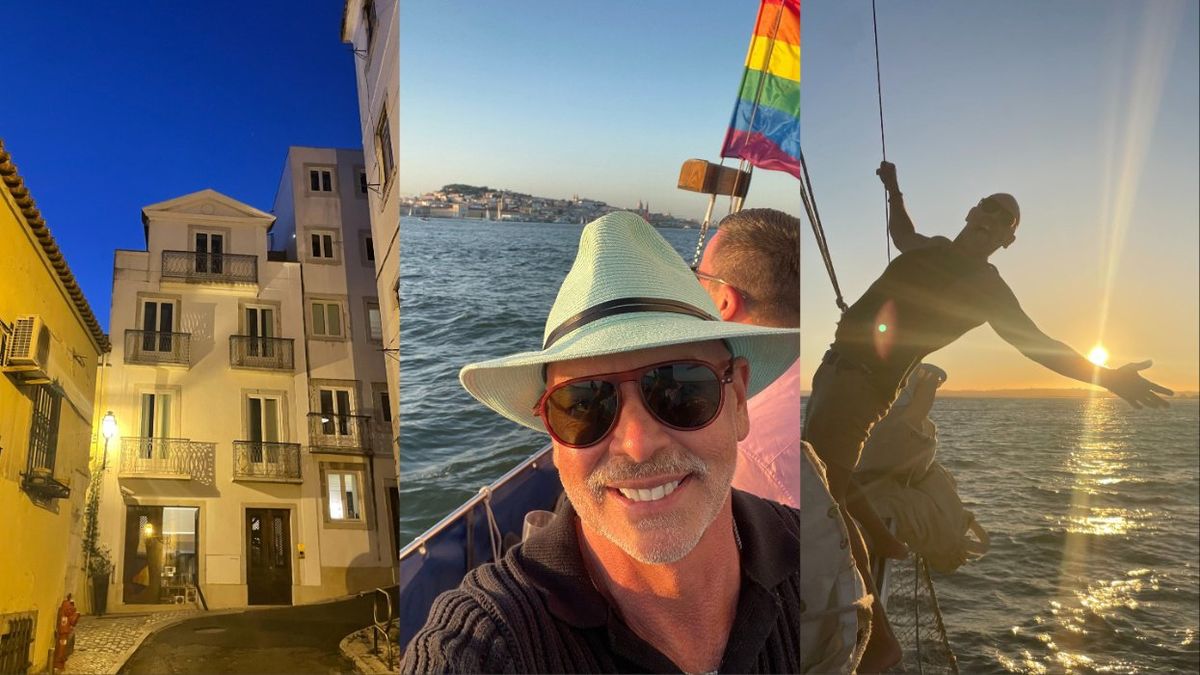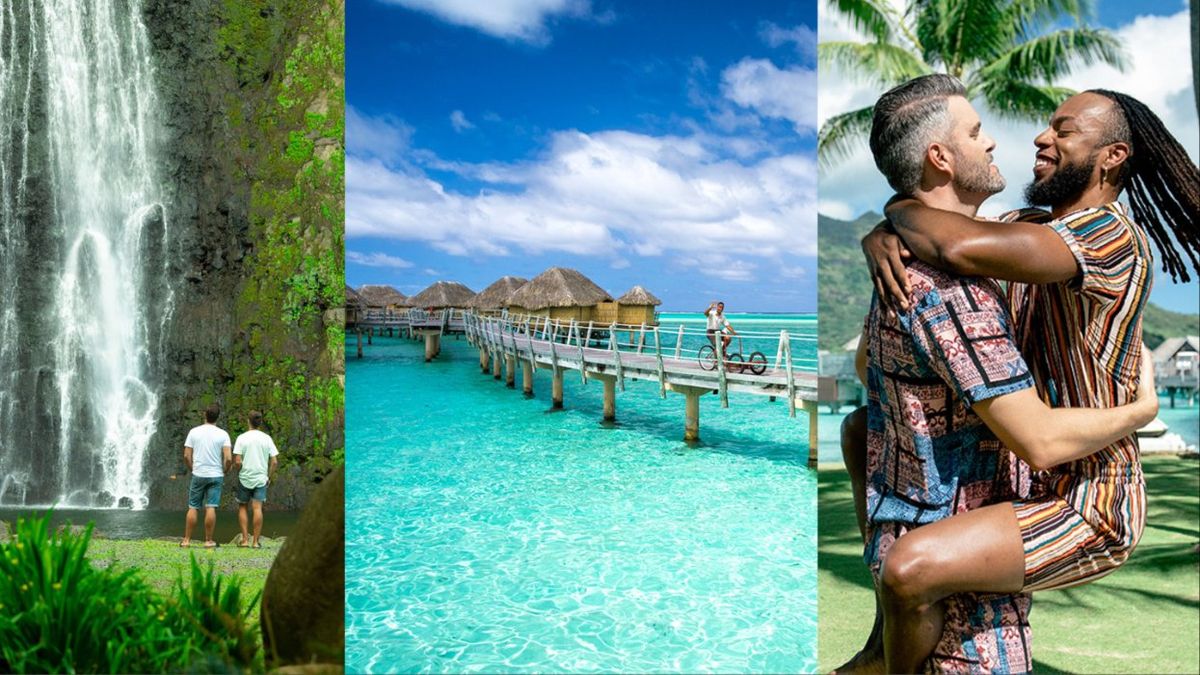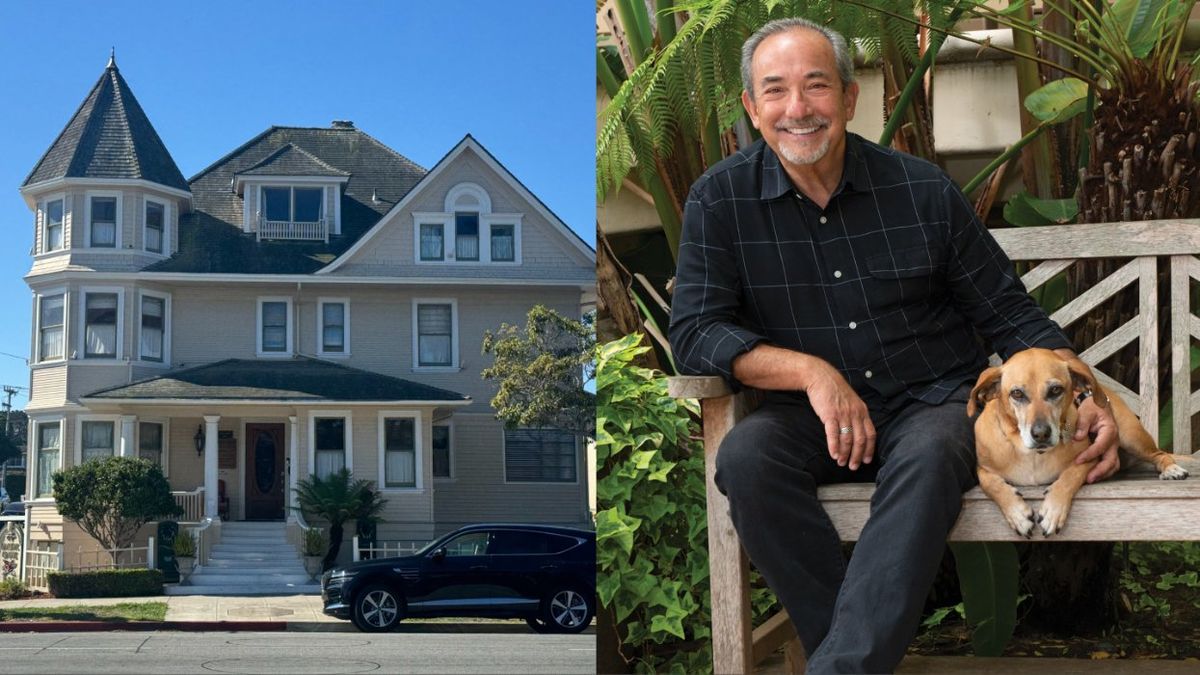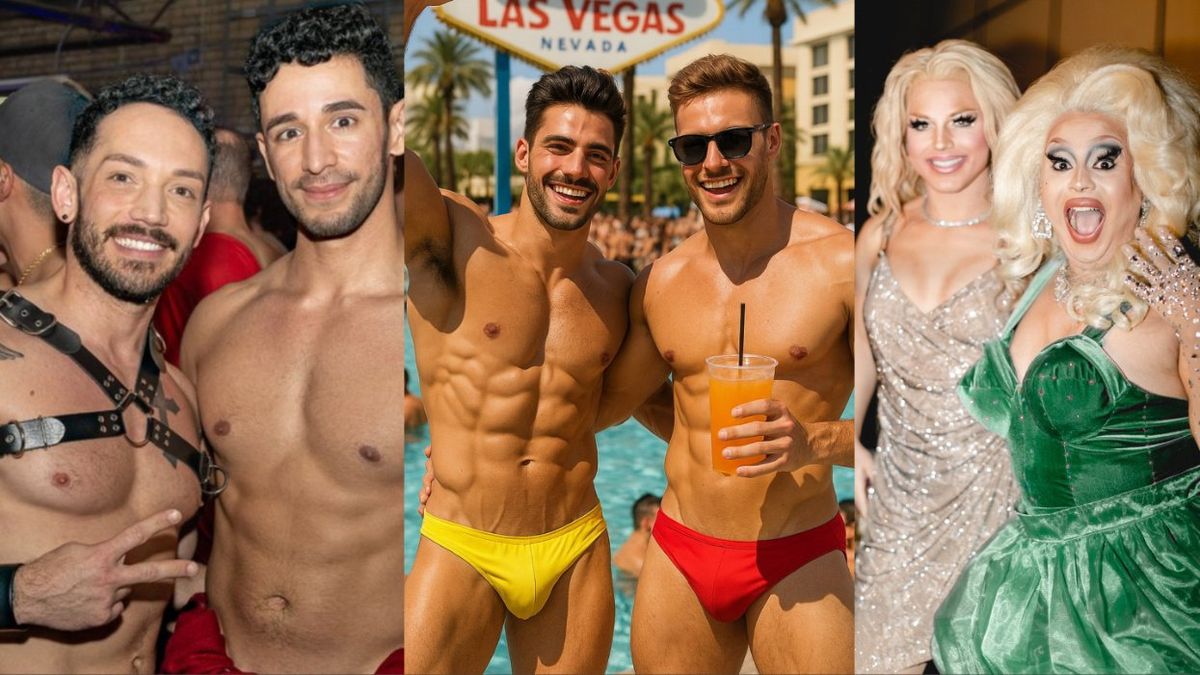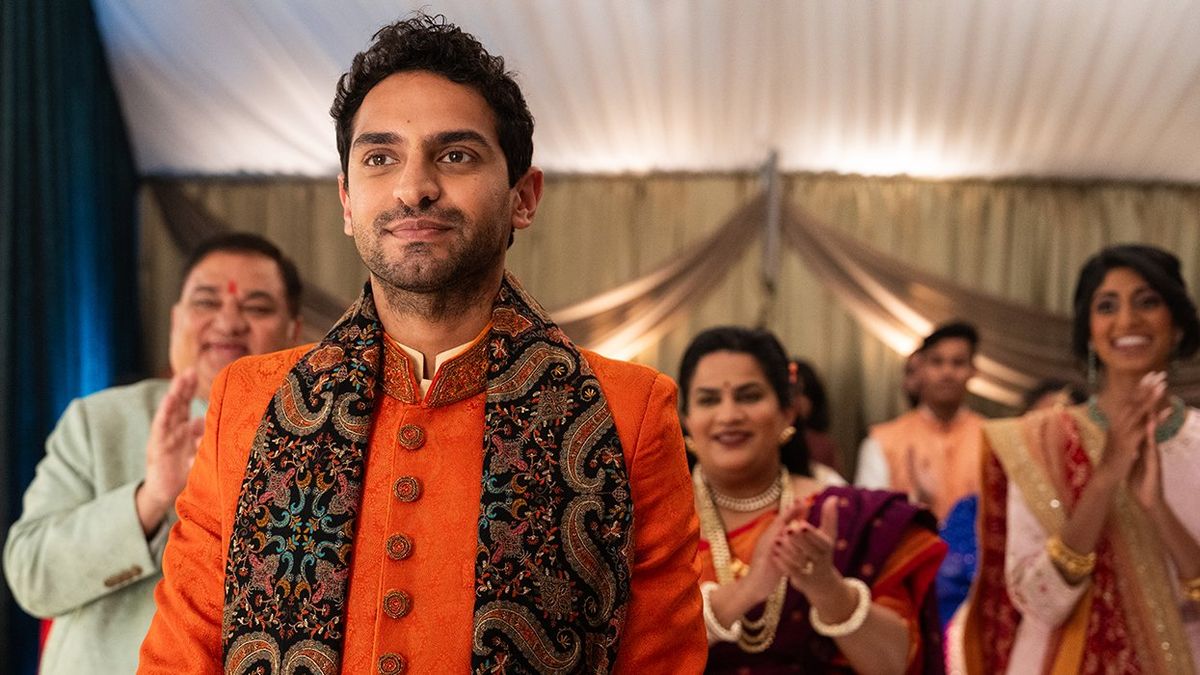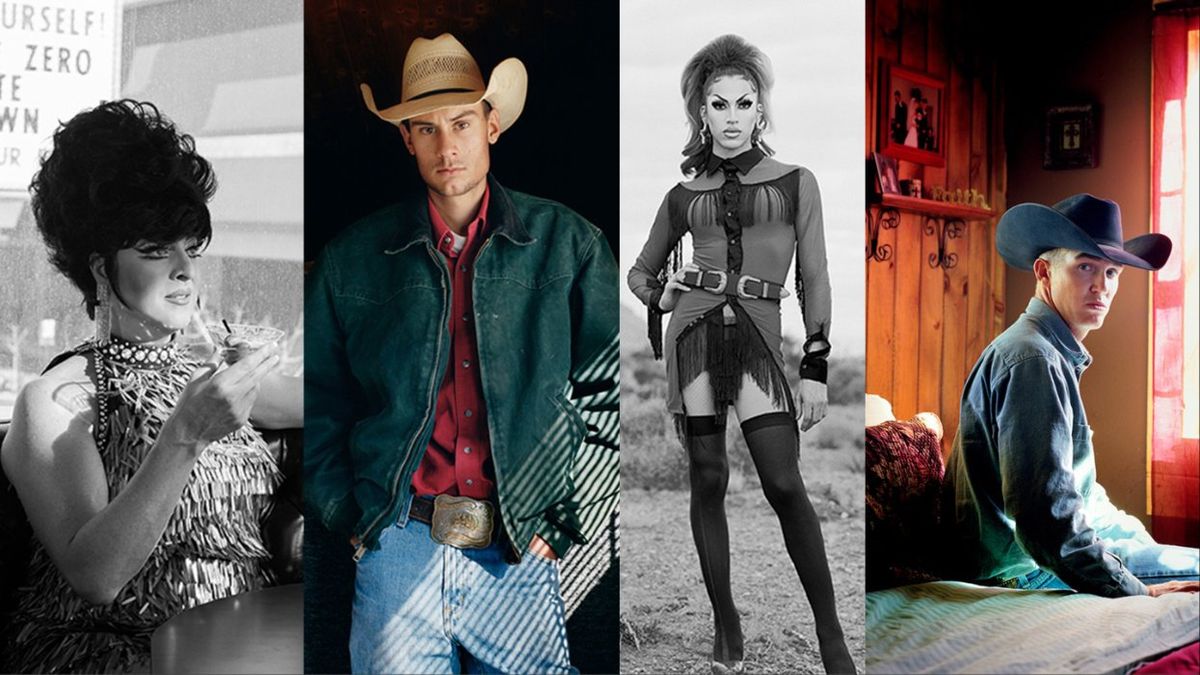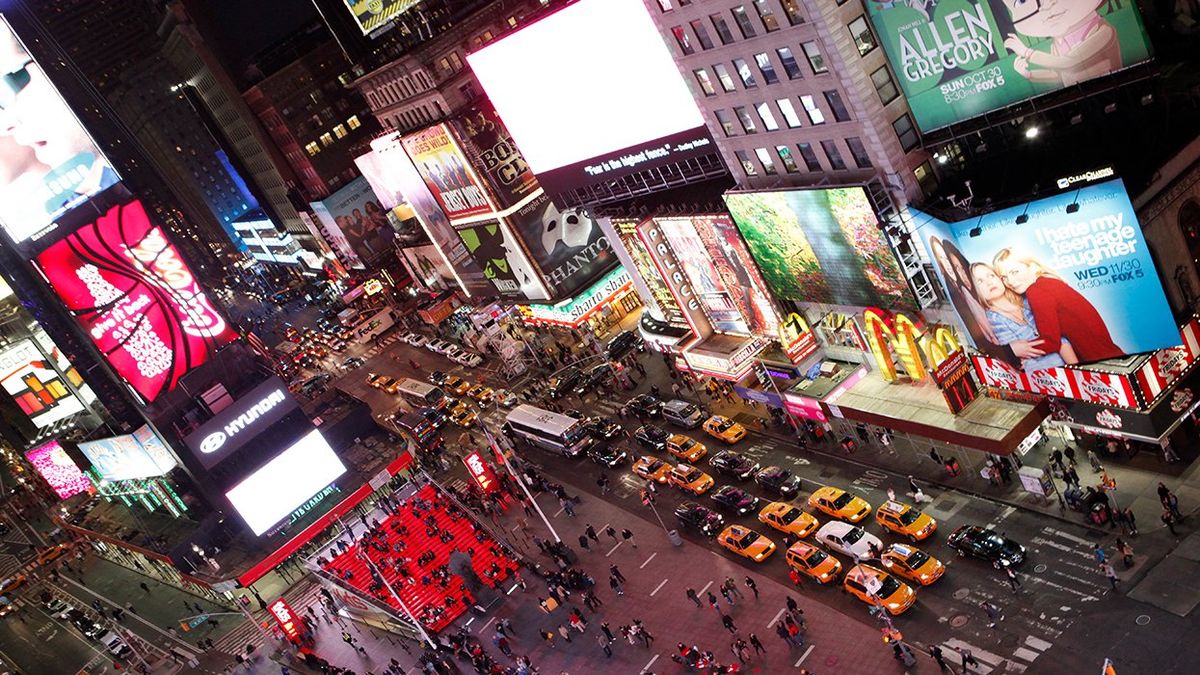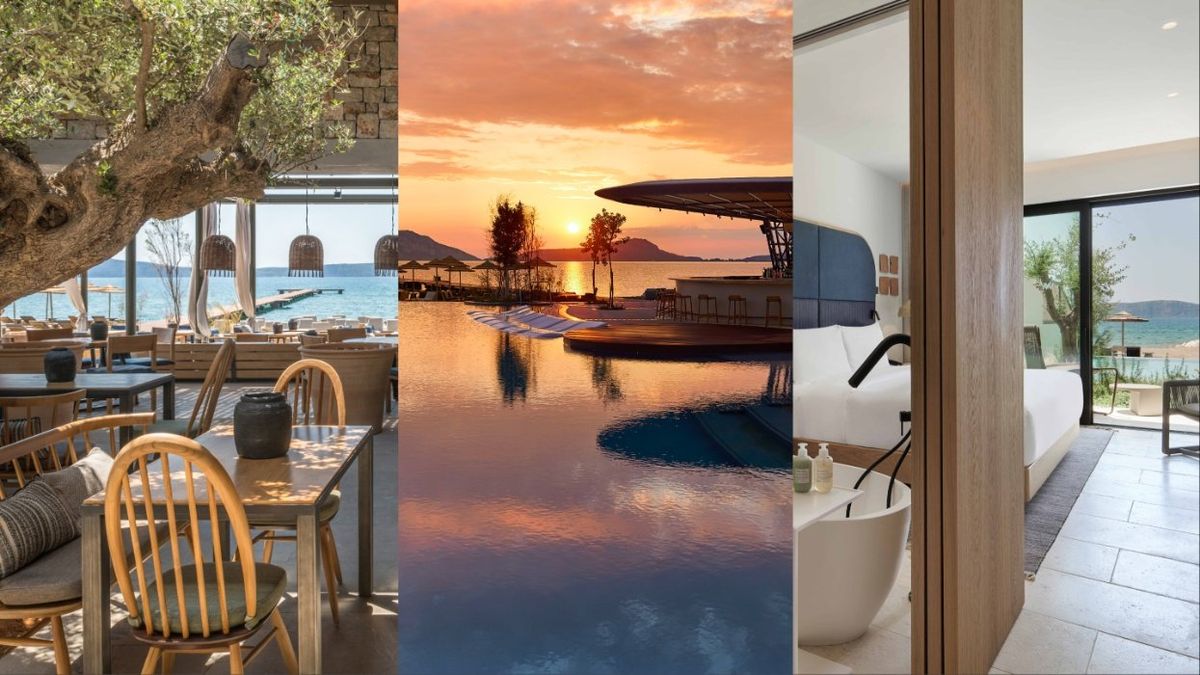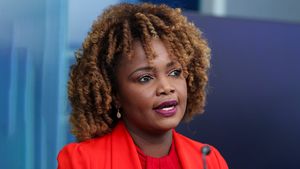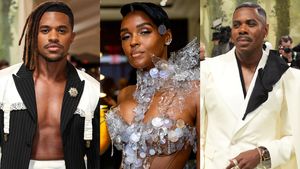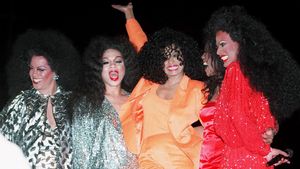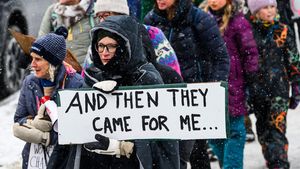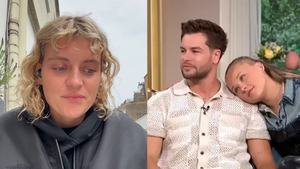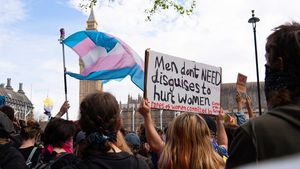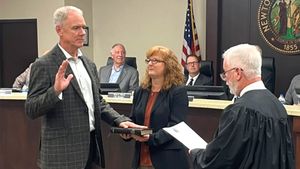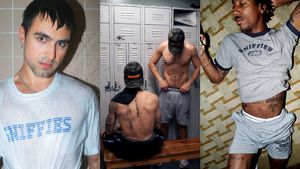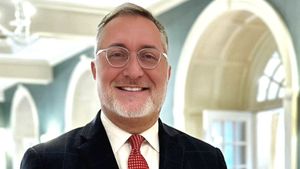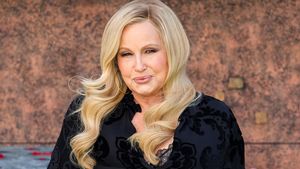When I arrived in Ireland, a wave of anxiety swept over me as I made my way through the airport. I wasn’t anxious because I was traveling by myself, or because it was my first time in a foreign country alone, but because I was disconnecting from social media and communication with family and friends for a week. And maybe I was a little anxious because I’ve always been attracted to gay Irish men. Well, gay Irish-American men.
As a freelance journalist who also works full-time in social media, I wouldn’t classify myself as “dependent,” but like a majority of American Millennials, social media has been engrained into my work and personal life for the past few years. I wanted to experience Ireland for the reasons I was drawn to the country in the first place: the talkative nature of the inhabitants; the beautiful streets that crisscross throughout Dublin; the picturesque countryside.
It wasn’t a priority of mine to dart into a café for free Wi-Fi so everyone could know I had just spent the entire day in a pub listening to music. However, it was a priority to chat with the locals about politics and religion and the LGBT experience. And to have a few pints in the process.
Due to the time difference and the fact that I couldn’t check into my hostel early, I ended up being awake for around 24 hours. I stayed at Generator Hotel Dublin in Northwest Dublin — a beautiful, massive place filled with many tourists in their early 20s and large families looking for a group deal. Although it was central and a relatively cheap travel package (I paid $810 for a round-trip flight from New York City to Dublin, six nights in a hostel, and airport shuttle service through a deal on gay-friendly Expedia), I learned that I’d rather pay the extra money for a private hotel room.
When your friends or travel companions wake you up at 7 a.m. while on vacation, it’s easy to say, “shut the fuck up,” and then roll over back to sleep. At least for me it is. That’s not necessarily the case when your sharing your room with seven other people and you’re traveling alone — although I did come pretty close to losing my shit a few mornings. That being said, I didn’t quite stay in my hostel every single night.
Exploring the first day by foot, I soon put away my map and walked aimlessly. I walked through Trinity College Dublin, and a few blocks over, checked out the Oscar Wilde statue in Merrion Square Park. The statue of the iconic gay writer was sprawled back on a huge rock. As a fan of the author, his statue definitely did him justice.
After six hours of exploring, my first Guinness (let it settle!) and some dinner at a random pub, I made my way to my first gay bar of my trip: Panti Bar, a club not too far from my hostel in Smithfield Square.
I ordered a pint and made my way over to another guy who was alone. After much travel within the U.S., and relocating a few times to big cities after college graduation in Buffalo, I realized that this approach is the best if you happen to be out by yourself; your anxiety will just keep building as time presses forward, so just take a swig (or two) and go talk to someone.
Luckily, the men I talked with throughout the night were receptive, funny, and insightful. Sometimes in the U.S. — especially gay bars in “hip” cities such as Los Angeles and New York — interaction seems to be closed off to your circle of friends. The same holds true for many straight bars. During my week in Ireland, this couldn’t be farther from the truth. Every conversation draws you in; as if it’s the most important chat you will have all night.
After a drag show and a few drinks, I was ready to check out another bar in the area. I made my way over to The George, a ten or fifteen-minute walk on the other side of the river, which is a massive, two-story dance club. Fog, dance music, and clusters of men; nothing that wouldn’t set it apart from any other big-city gay club, but the clientele seemed more tame, so to speak. There wasn’t much pushing or rude looks when one made their way through the crowd to order a drink at the bar, nor did there appear to be big groups with judgmental eyes scattered throughout.
“You guys are so nice here,” I said to a nice guy named Niall who I met at the previous bar. “Some bars in New York get a little crazy, especially around closing time.”
“Well, everyone needs to get to that bar sooner or later, so everyone just makes room.”
It seemed as if the whole club was flowing together. I was really enjoying myself, and my lack of sleep seemed more apparent with every sip I took. It looked like my first night was coming to a close.
“I better go back to the hostel,” I thought to myself. After some debate, I decided that one more pint and one more dance would be fine. It was my first night in Dublin, after all. The guys were nice. The guys were funny. The guys were sexy.
Eventually, the music died down, the lights come on and I caught the eye of a guy not too far from me. Since it was obvious that we were both checking each other out, we laughed, and I made my way over to where he was standing. He wasn’t necessarily my type, but I was drawn to him for some reason – and I don’t think it was the jet lag or the buzz from all my drinks.
He was a little taller than me, lanky, and he had bushy black eyebrows over dark green eyes. We exchanged names and flirted for a bit. His name was Adam and he lived not too far from the club.
We made our way outside and into scattered rain. Adam kissed me in an alley and grabbed my hand as drunks staggered out of various bars. Romance at its finest.
“Let’s grab a cab,” he said as he fished around for some coins with one hand and grabbed my hand tighter with the other. “I have enough to get us back to my flat.”
“Are you sure this is okay?” I asked, while motioning down to our clenched hands.
Over the past few years, Ireland, particularly Dublin, has been increasingly gay-friendly, but I wasn’t sure I wanted to deal with a gang of homophobic Irish dudes on a Saturday night. Adam said that it was fine and that we wouldn’t have a problem. From my research on anti-LGBT attitudes in Ireland prior to my travels, it appeared that most incidents are typically non-violent. And, quite honestly, I’m a 24-year-old man; if I want to hold someone’s hand, I should be able to without fear or angst.
We made our way through the herds of people — many searching for a cab at the curb — and we decided to walk to his place when we were unsuccessful in hailing one. No one said anything, nor did they seem to care that two guys were walking hand-in-hand. The only person that approached us on our 15-minute walk was some British tourist looking to score some cocaine.
“No offense, but I would have thought Ireland would be the last place on Earth where they measure the alcohol in mixed drinks,” I ribbed, reflecting upon my experience in the bars earlier.
“Ay, you know, if they didn’t, none of us would ever show up for work,” he responded with a smile. His accent was irresistibleBefore I left the next morning, Adam and I talked about gay culture in Ireland and the growing acceptance of LGBT people. Similar to the United States, he informed me that “almost all people are age are cool with it.” After returning to the states, I found a 2013 study that showed 73% of Irish people agreed that “same sex marriage should be allowed in the Constitution.”
Additionally, Adam shared a few personal stories with me after only knowing me a few hours. But, that wasn’t unique of just Adam. One of my favorite things about Ireland was that it seemed that a majority of those I interacted with seemed to wear their hearts (and their stories) on their sleeves — gay and straight.
The political and religious turmoil over the past few decades seems to have had a major impact on the development of the young Irish women and men I spoke with, as almost all were non-religious or atheists. Some of them called themselves “Catholic” in air quotes, with an added laugh or smirk.
Further, Irish people seemed to be open about discussing politics and religion, but unlike many Americans I come across, they appeared more informed about what exactly was going on in Ireland and abroad. Their passion was evident, and they also seemed very interested in my perspective as an American. They were also interested in my perspective as a gay American.
Some stories were sad, like the one Irish guy who was dating a closeted English rugby player.
“What’s weird is that his team members set us up. A lot of the professional athletes are cool with it, but they are afraid of the backlash of their homophobic fans,” he said. “I’m not sure what I’m going to do.”
When I asked why his lover wouldn’t come out, he said that he did not want to be seen as a “trailblazer.”
Some stories were happy, like the one of Adam, who came out easily to his parents in rural Ireland. He was living the gay, urban dream in the city of Dublin. Many people his age, sadly, have fled Ireland to seek job opportunities in other countries, such as the United States, Australia, and various parts of Europe.
While he was in the shower, I couldn’t help but glance around his room. A few cover letters were stacked neatly on his wooden desk. He was a good writer, and it appeared from what I read he did in-depth research on the job he was applying for. He was handsome. He was smart. He was motivated.
“Maybe I’ll see you around,” I said when I got to the sidewalk, making a right towards the seafood restaurant he recommended down the street. “I’m here for a week.”
Of course, I knew that I would never see him again.
With that, I realized that the Irish aren’t the only storytellers in the world. If you get a chance to incorporate them into a chapter of your life, or even a sentence, I highly recommend it.
JEFFREY HARTINGER is a writer and lives in New York City. Visit his website or follow him @BuffaloGuyInNYC.

















